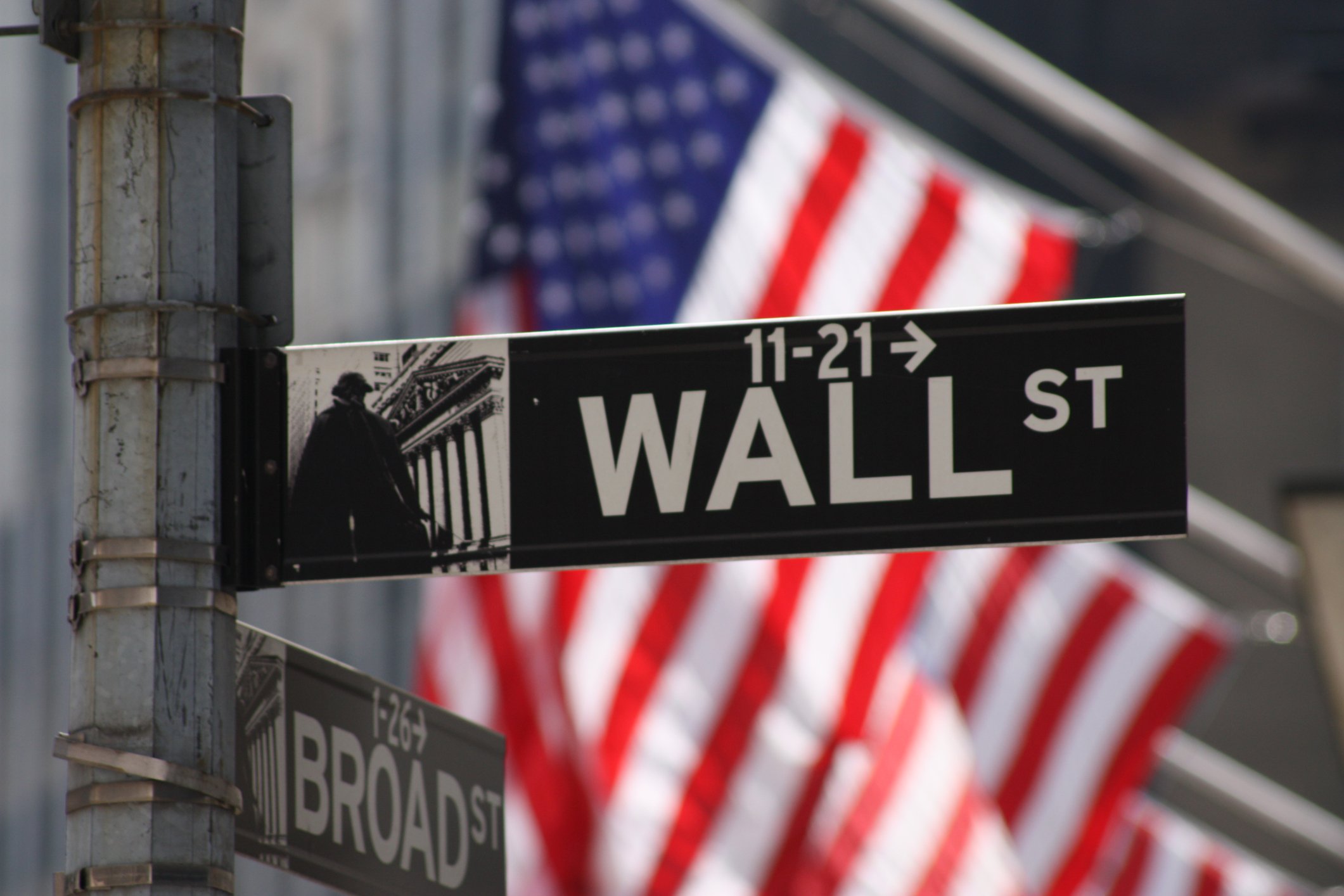
Image source: Getty Images.
U.S. stocks pulled back Friday, with the Dow Jones Industrial Average (^DJI +0.22%) and S&P 500 (^GSPC +0.19%) pulling back 0.37% and 0.67% for the week, respectively. Most investors' eyeballs focused on two events: Friday's job reports and the plunging pound.
The U.S. economy added 156,000 jobs last month as unemployment ticked up to 5% thanks to more workers entering the labor market. The jobs report was slightly disappointing, though it was more boring than anything. But hey, we'll gladly take boring over bad any report.
Meanwhile, U.K. Prime Minister Theresa May confirmed that Article 50, which will initiate the U.K.'s exit from the European Union, would be invoked during March 2017. That, in combination with the French president urging tougher negotiations toward the U.K.'s exit, was enough to weigh on the pound.
With that aside, let's take a look at some companies making big moves or big headlines this week.
A solid acquisition
Everybody likes a no-brainer acquisition, and that seems to be the case with Winnebago Industries, Inc.'s (WGO 0.08%) acquisition of Grand Design for $500 million in cash and newly issued shares. Investors were definitely on board with the news as Winnebago's stock price had jumped 23% by the end of Monday trading.
In terms of size, it's actually the largest acquisition in Winnebago history, and the good news for investors is that Grand Design is already a highly profitable company. The deal should increase total revenue by roughly 40%, compared to fiscal-year 2016 levels, and it will be immediately accretive. Looking at the top line, Grand Design generated $428 million in revenue over the last 12 months, ending August 2016, which checks in at a healthy compound annual growth rate of more than 80% since 2013.
Another reason for investors to like the acquisition is that Grand Design's EBITDA margins are around 14%, almost double that of Winnebago's. It also helps expand Winnebago's footprint out of motor homes. This was unmistakably a solid acquisition -- and a decision the board was hoping would take place after former CEO Randy Potts' resignation in late 2015.
Big loss sends shares lower
Shares of TASER International, Inc. (TASR +0.06%), a developer, manufacturer and seller of conducted electrical weapons for law enforcement, corrections officers, and military, were down more than 12% during intraday trading Monday after news that the company lost a big contract to a competitor.
More specifically, the New York Police Department has decided to go with Vievu as the supplier for its order of more than 1,000 body cameras. Not only is this a big loss in terms of a big contract, but it's a dent in Taser's armor and shows that the competition might be catching up in terms of product quality.
On the flip side, as a former product manager, I can say that while losing a contract like this is a big deal, it's not the end, as most investors generally think. Rather, this is only half of the development, because if a competitor wins a big contract, such as this win by Vievu, and then isn't able to deliver on time or at the expected level of quality, it could turn into the latest reason for other big companies to choose Taser going forward.
At the end of the day, the body camera market is still accelerating, and if investors take a step back and look at the situation, the long-term thesis for Taser still remains fine as long as competitors don't continue to stack up major wins consistently.
The U.S. auto industry stalls
Earlier in the week, major automakers reported September sales results, and if you could sum it up in one word it would be "meh". But, of course, one word wouldn't do the topic justice. While the total light-vehicle deliveries declined 0.7% compared to the prior year, it was still a historically strong seasonally adjusted annualized rate (SAAR) of 17.74 million.
Looking at Detroit's largest automaker, General Motors (GM +1.21%), the company recorded nearly 250,000 sales in September, which was a 0.6% decline. However, its total sales figure is slightly hindered by the company's strategy to drastically reduce fleet sales, which have stayed under 20% of total sales during 2016.
GM's retail sales, sales to individual consumers like you and I, increased by 0.3% in September to 204,449 units, and the automaker noted that throughout the first three quarters of 2016, it had gained 50 basis points of retail market share in the U.S. market -- more than any other full-line automaker.
The majority of Wall Street has called this a plateau of new-vehicle sales in the U.S. after years of consistently strong growth following the Great Recession. However, a plateau near all-time market highs, in terms of sales, isn't necessarily a bad thing.
The U.S. has a stronger job market, rising incomes, lower fuel prices and cheap interest rates, which should still support strong levels of new-vehicles sales in the years ahead. As long as automakers can avoid increasing incentives to chase market share, this will remain a highly profitable industry in the near term.






